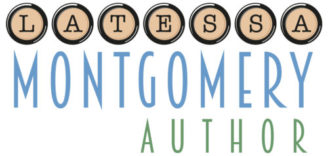This has been a recurring question I’ve seen posed in various online groups, workshops, and in my talkings with fellow writers over the past year. According to Wikipedia, theme is:
Theme is a broad idea, message, or lesson that is conveyed by a work. The message may be about life, society, or human nature. Themes often explore timeless and universal ideas and may be implied rather than stated explicitly. Along with plot, character, setting, and style, theme is considered one of the fundamental components of fiction
Several authors have weighed in with their opinions on theme and it’s place in their work. As far as incorporating themes in their stories (1) some authors know ahead of time what their theme will be and they craft their story (action, dialogue, etc.) in order to highlight it; (2) while other authors simply write their story without explicit knowledge of what their theme will be, only to have it reveal itself to them as they are writing.
But regardless of how themes come about in a body of work, one thing stands true: in order to have an emotionally satisfying read (regardless of genre), as well as a commericially viable story, a theme must be present and explored.
There are several core themes that exist in literature today (e.g. love conquers all), but the truth is, there are a number of concepts authors can use a themes. On of my critique parters, Estelle Hart, posted an excellent article on themes which really got me thinking about ways to keep them fresh and meaningful in my work. She’s also included quite a comprehensive list of themes, so I urge you to check out this article.
OK, I’m off to go and reexamine the themes in wip. 🙂

